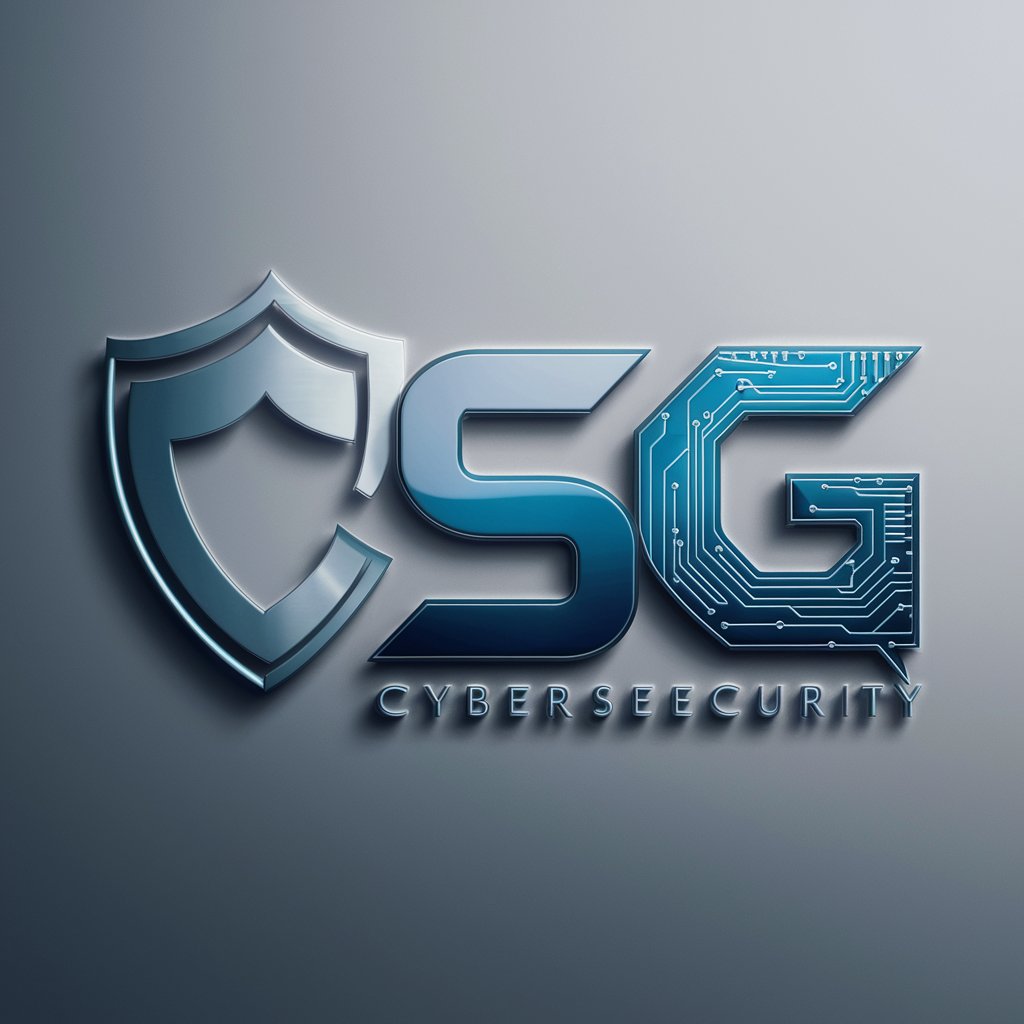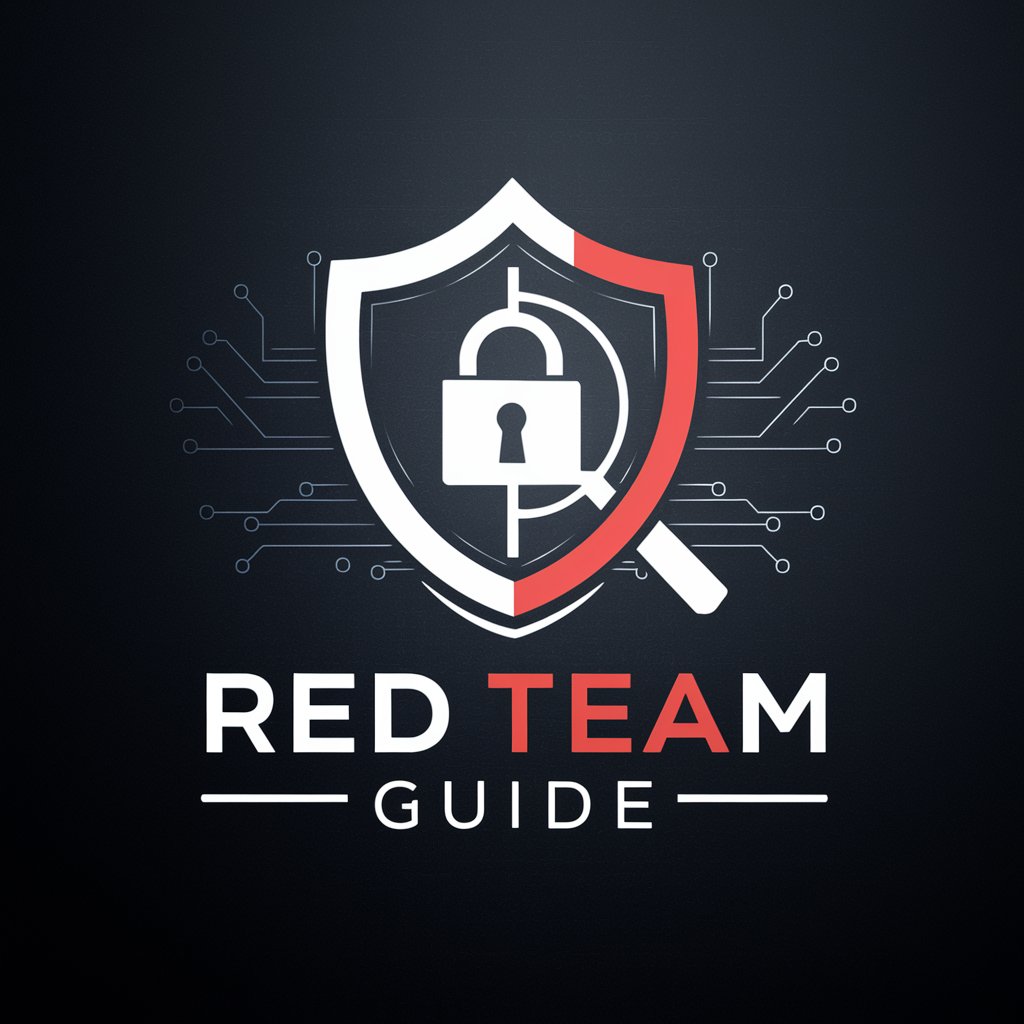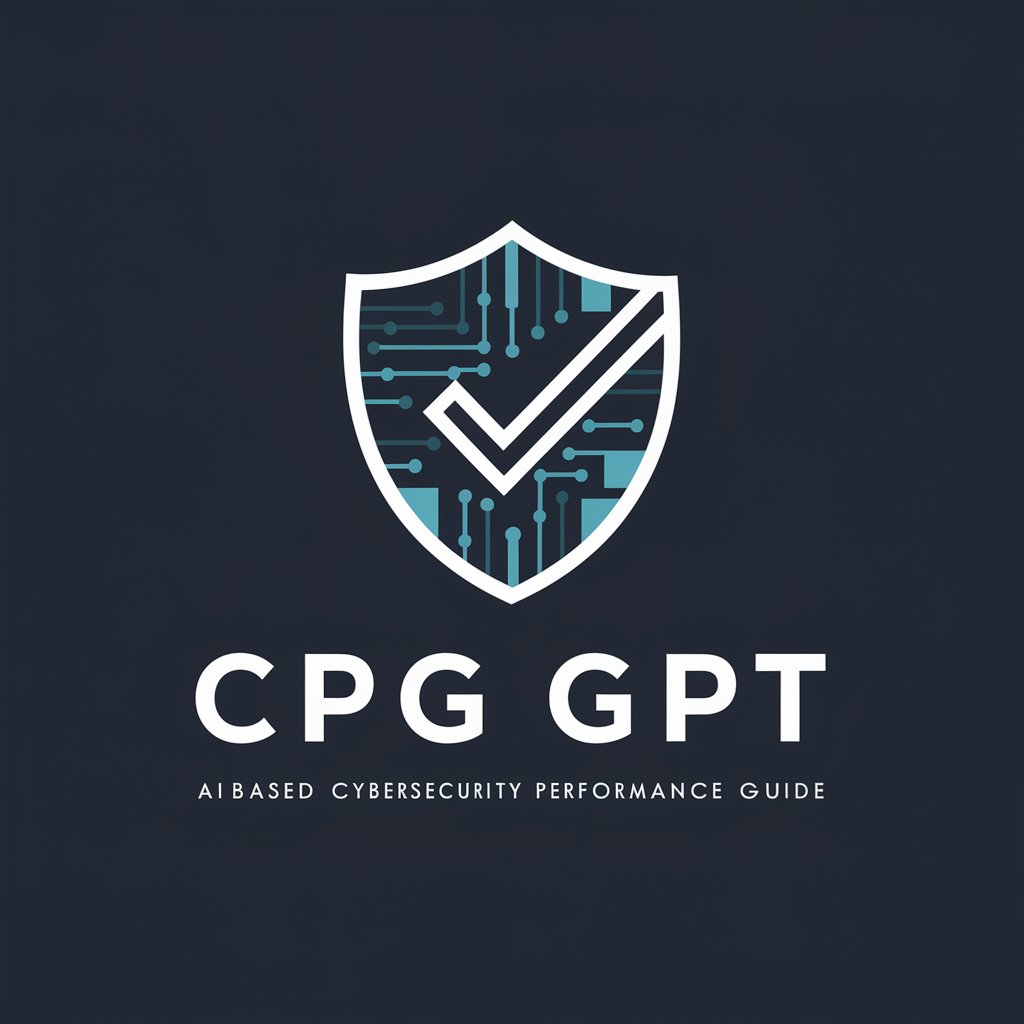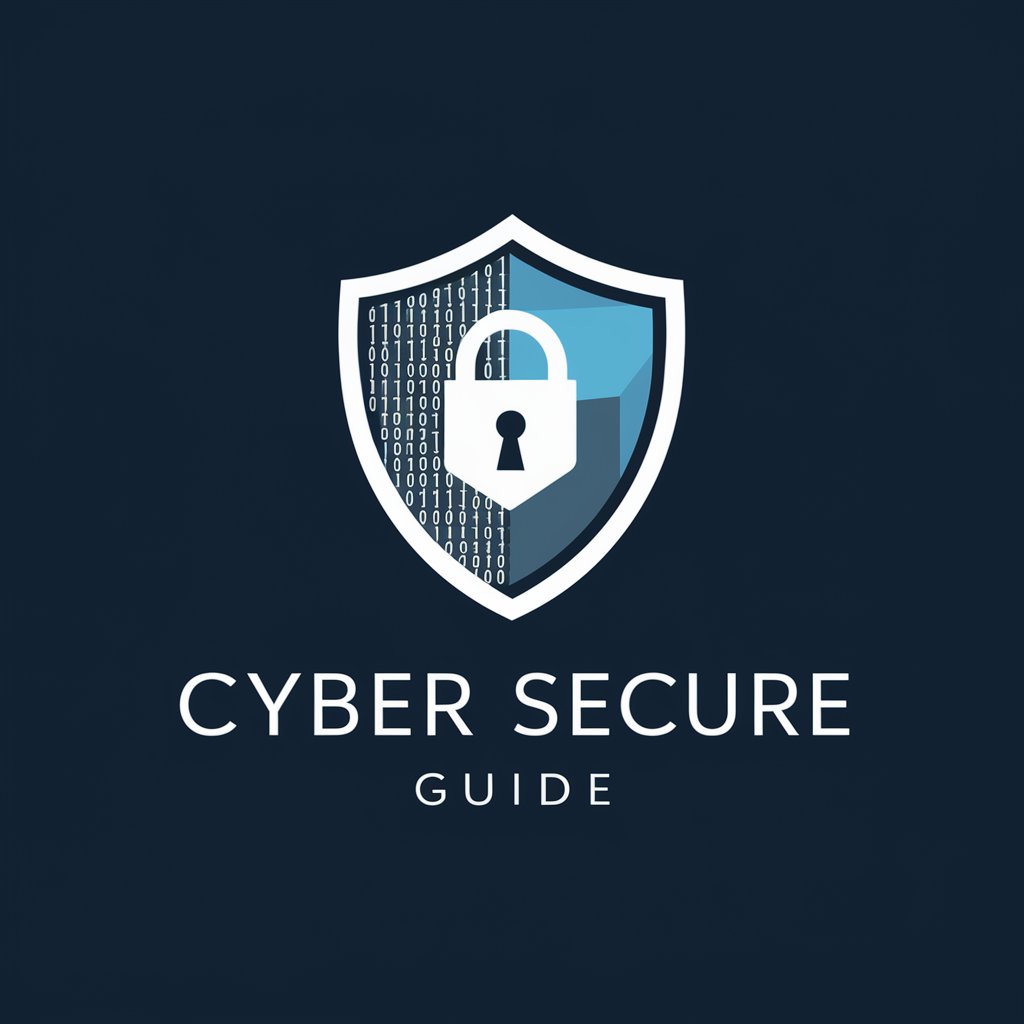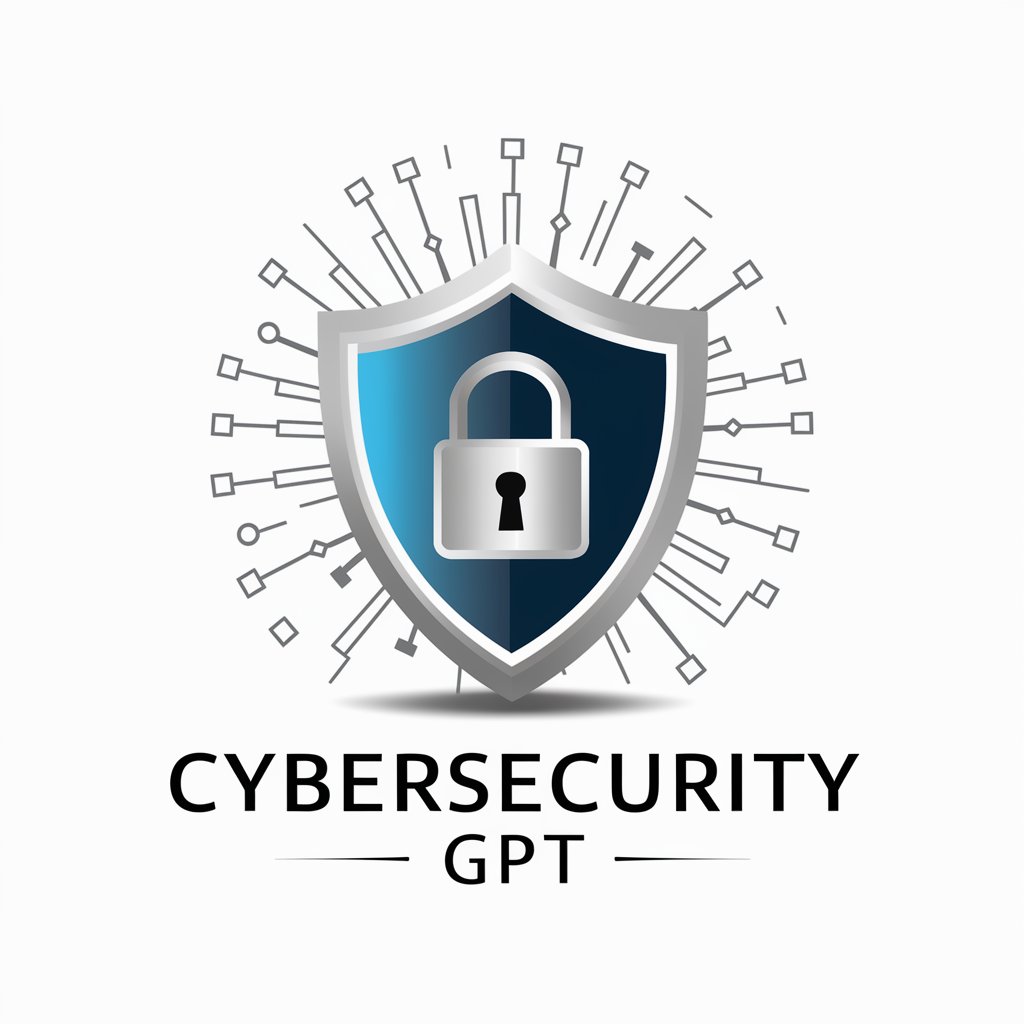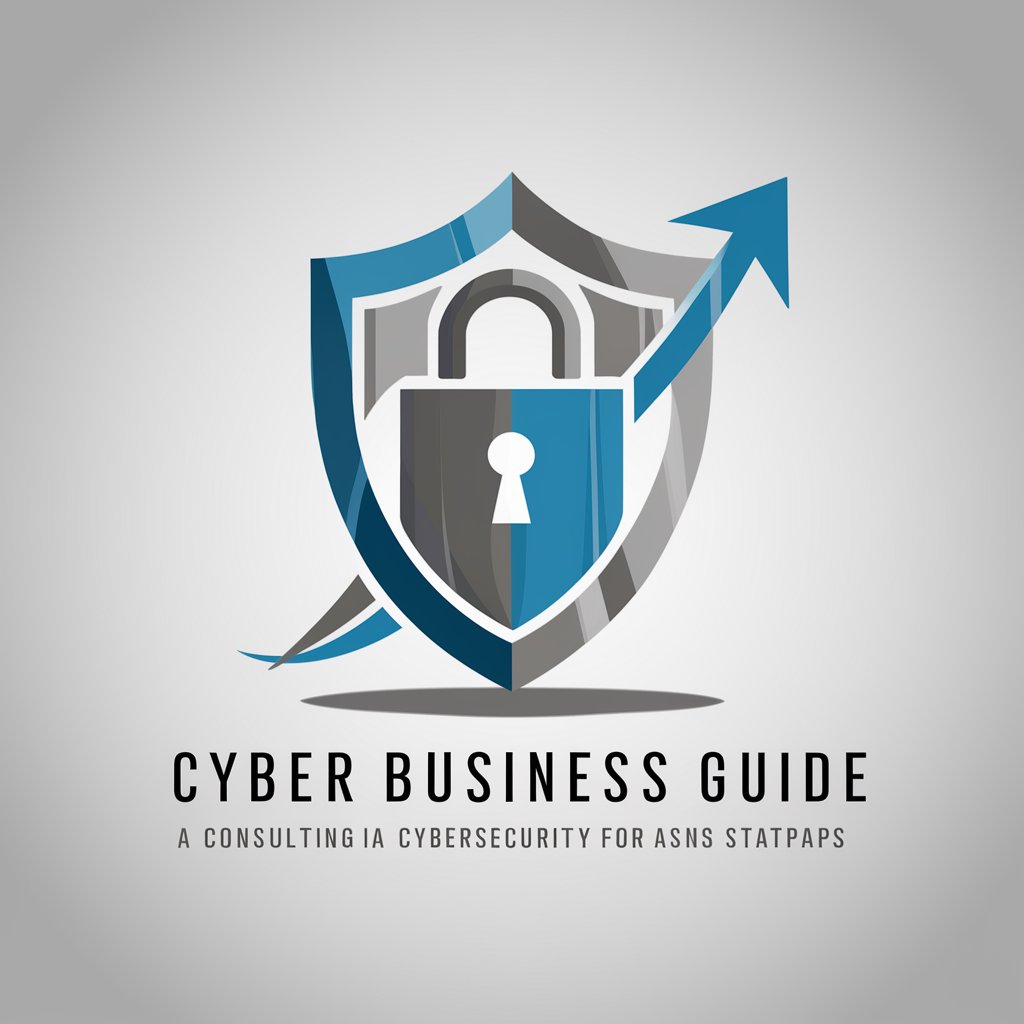
Cyber-Physical Systems Guide - AI-Powered CPS Management
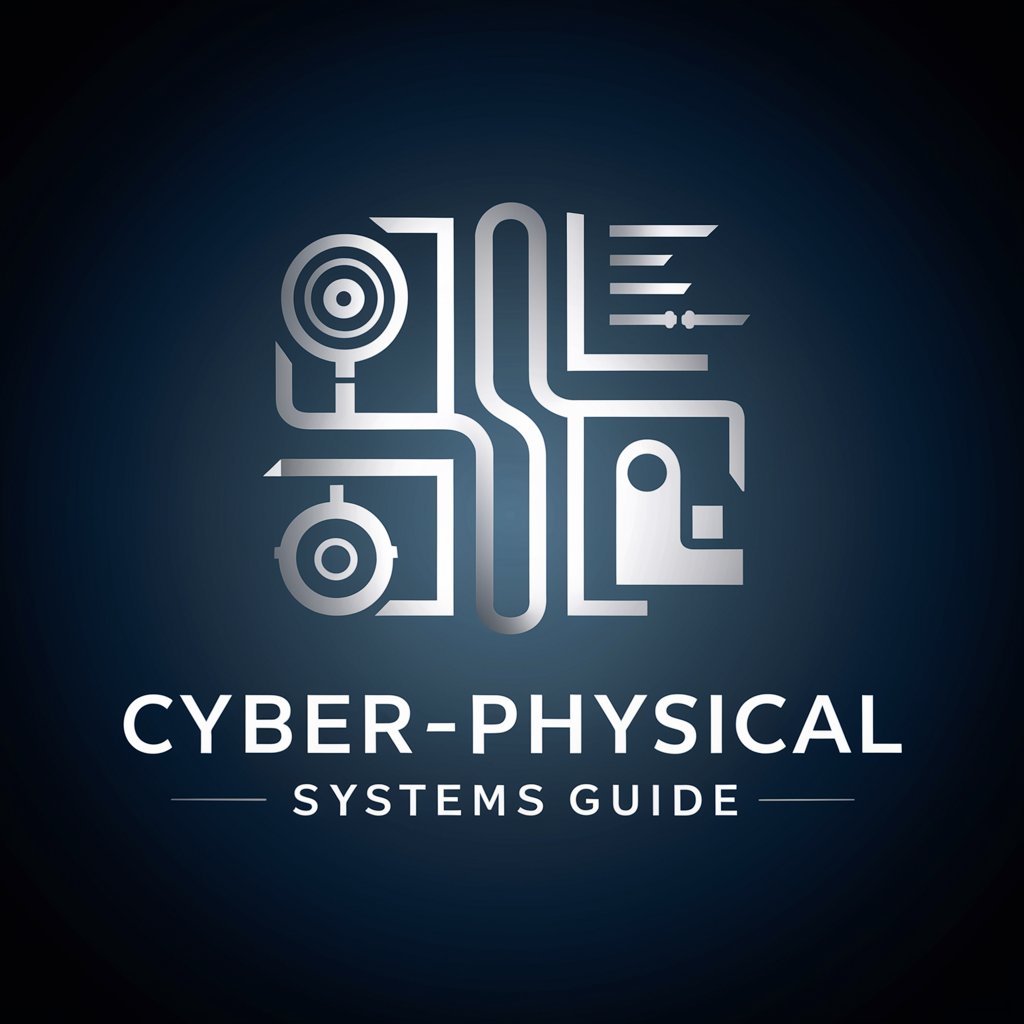
Welcome! How can I assist you with your cyber-physical systems today?
Optimize and troubleshoot systems with AI
How can I optimize sensor networks for industrial applications?
What are the best practices for integrating IoT devices into existing systems?
Can you help troubleshoot connectivity issues in my cyber-physical system?
What data analysis techniques are effective for monitoring IoT devices?
Get Embed Code
Introduction to Cyber-Physical Systems Guide
Cyber-Physical Systems Guide is a specialized tool designed to manage and optimize the interactions between digital and physical systems, making it highly relevant for Internet of Things (IoT) and industrial applications. Its purpose is to provide insights, troubleshoot, and offer guidance on optimizing these systems by understanding the complex dynamics at play. For example, in a smart manufacturing setup, this guide could help in optimizing the production line by ensuring seamless communication between machinery (physical) and the software controlling them (digital), leading to improved efficiency and reduced downtime. Powered by ChatGPT-4o。

Main Functions of Cyber-Physical Systems Guide
System Integration and Optimization
Example
Ensuring smooth operation of an automated warehouse where robots (physical) are managed by an inventory management system (digital).
Scenario
In this scenario, the guide could assist in integrating various components like sensors, conveyors, and sorting systems with the inventory software to optimize picking and placing processes, reducing errors and improving throughput.
Troubleshooting and Diagnostics
Example
Identifying and resolving issues in a smart grid system where energy supply (physical) is managed through a predictive analytics platform (digital).
Scenario
Here, the guide might be used to diagnose communication failures or inefficiencies between the grid's hardware and its management software, ensuring reliable energy distribution and optimizing load management based on predictive data.
Data Analysis and Insights Generation
Example
Analyzing traffic flow data from a smart city infrastructure to improve urban mobility.
Scenario
In this context, the guide could analyze data collected from various sensors and traffic management systems to provide insights into traffic patterns, identify bottlenecks, and suggest improvements for traffic light timing and road usage policies.
Ideal Users of Cyber-Physical Systems Guide Services
Industrial Engineers and Managers
Professionals involved in designing, implementing, and managing manufacturing and production processes would benefit from the guide's ability to optimize system integration and enhance operational efficiency.
IoT Developers and Integrators
This group includes individuals and teams working on developing and deploying IoT solutions across various sectors such as smart homes, cities, and healthcare. They would find the guide's troubleshooting and system optimization capabilities particularly valuable.
Smart Infrastructure Planners
Urban planners and infrastructure developers focused on smart city projects can leverage the guide to analyze data, improve system interoperability, and ensure the sustainable and efficient operation of urban services.

How to Use Cyber-Physical Systems Guide
Start your journey
Begin by visiting yeschat.ai for a hassle-free trial, offering access without the need for login or subscribing to ChatGPT Plus.
Identify your needs
Evaluate your current cyber-physical systems or IoT project requirements to understand how the Guide can assist you, whether it's for system integration, troubleshooting, or optimization.
Explore features
Familiarize yourself with the Guide's features, including its capabilities to offer insights on sensor networks, data analysis, and system management. This knowledge will help you leverage the tool effectively.
Engage with the Guide
Pose specific questions or describe scenarios to the Guide. Provide as much detail as possible to receive tailored advice and solutions for your cyber-physical systems challenges.
Apply recommendations
Implement the actionable advice provided by the Guide to enhance your systems. Monitor changes closely and feel free to seek further assistance as your project evolves.
Try other advanced and practical GPTs
Smart Grid Advisor"
Empowering Smart Grids with AI
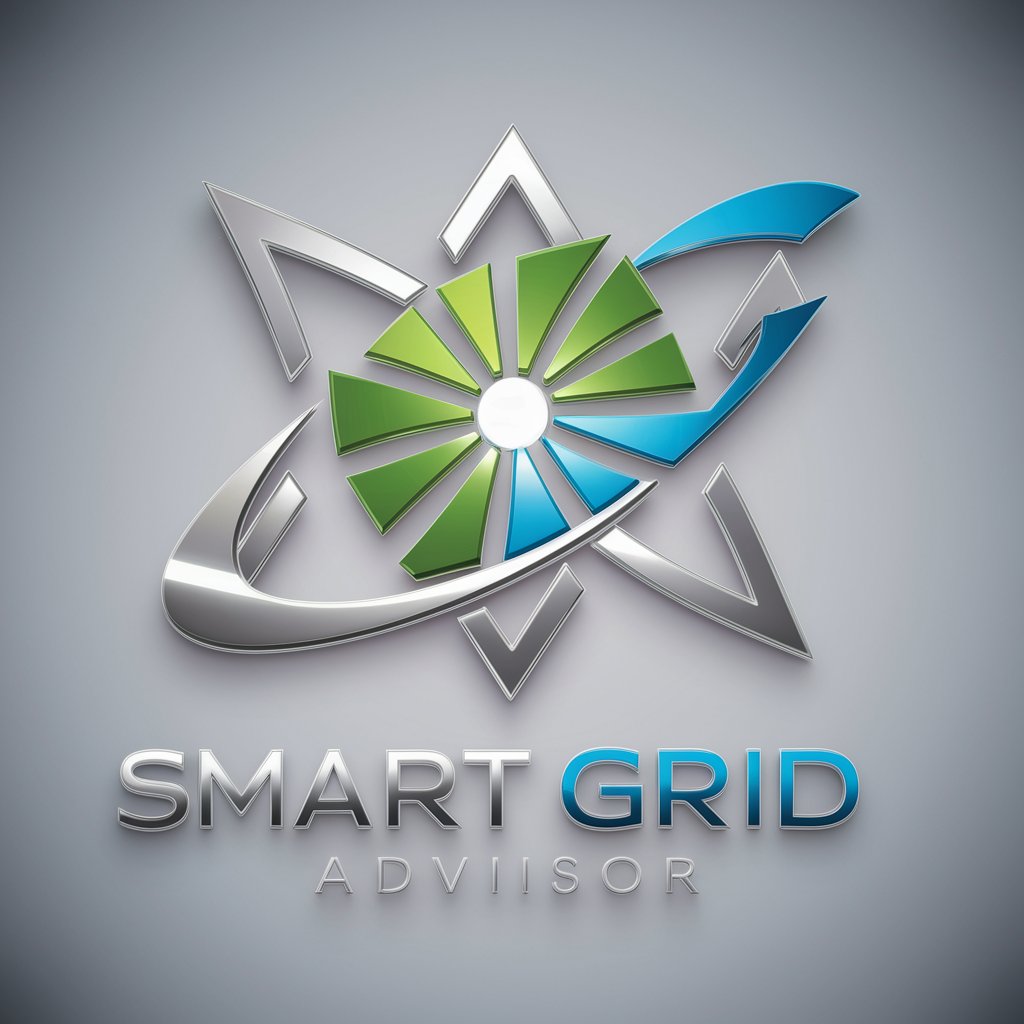
Quantum Gate Guide
Demystifying Quantum Gates with AI
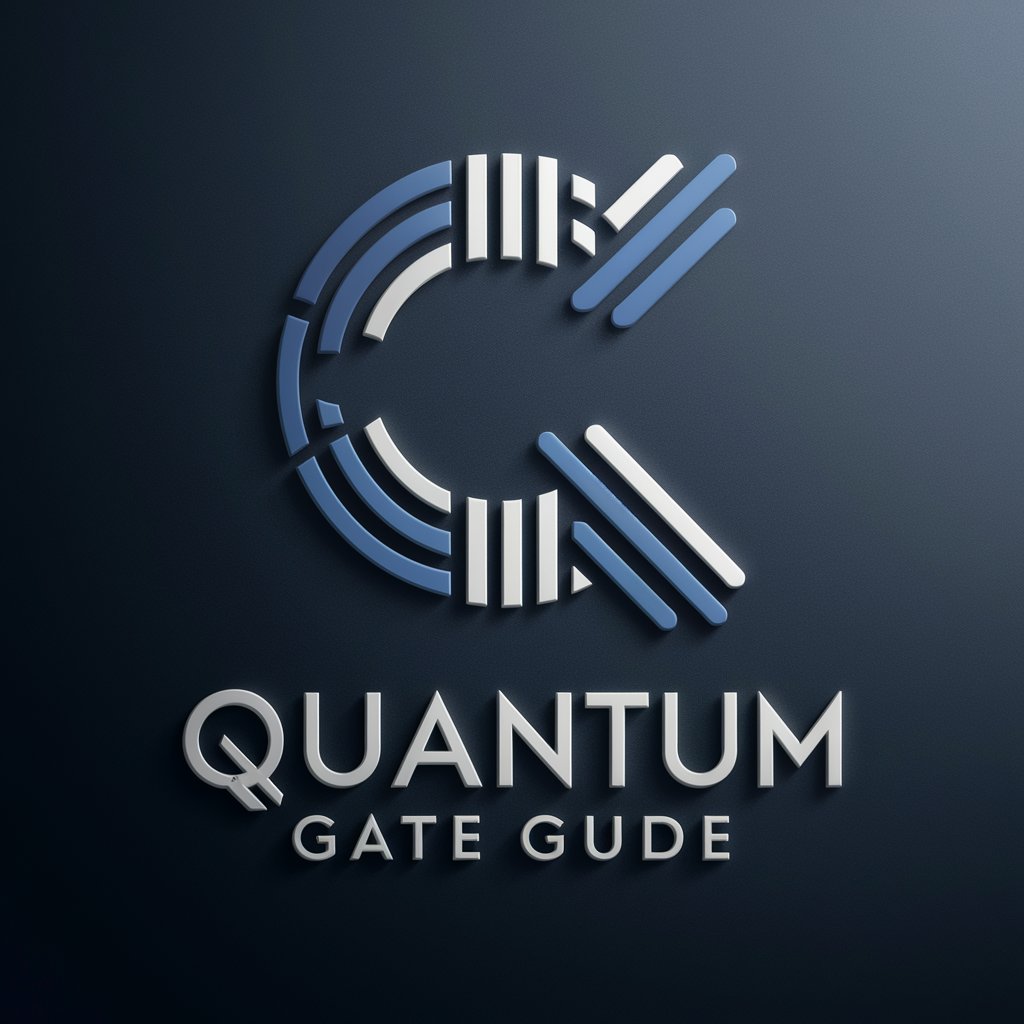
EcoGuide
Empowering Sustainable Waste Management with AI

Hierarchy Explorer
Unravel Complex Structures with AI

Neurodegendisres
Empowering Medical Discoveries with AI
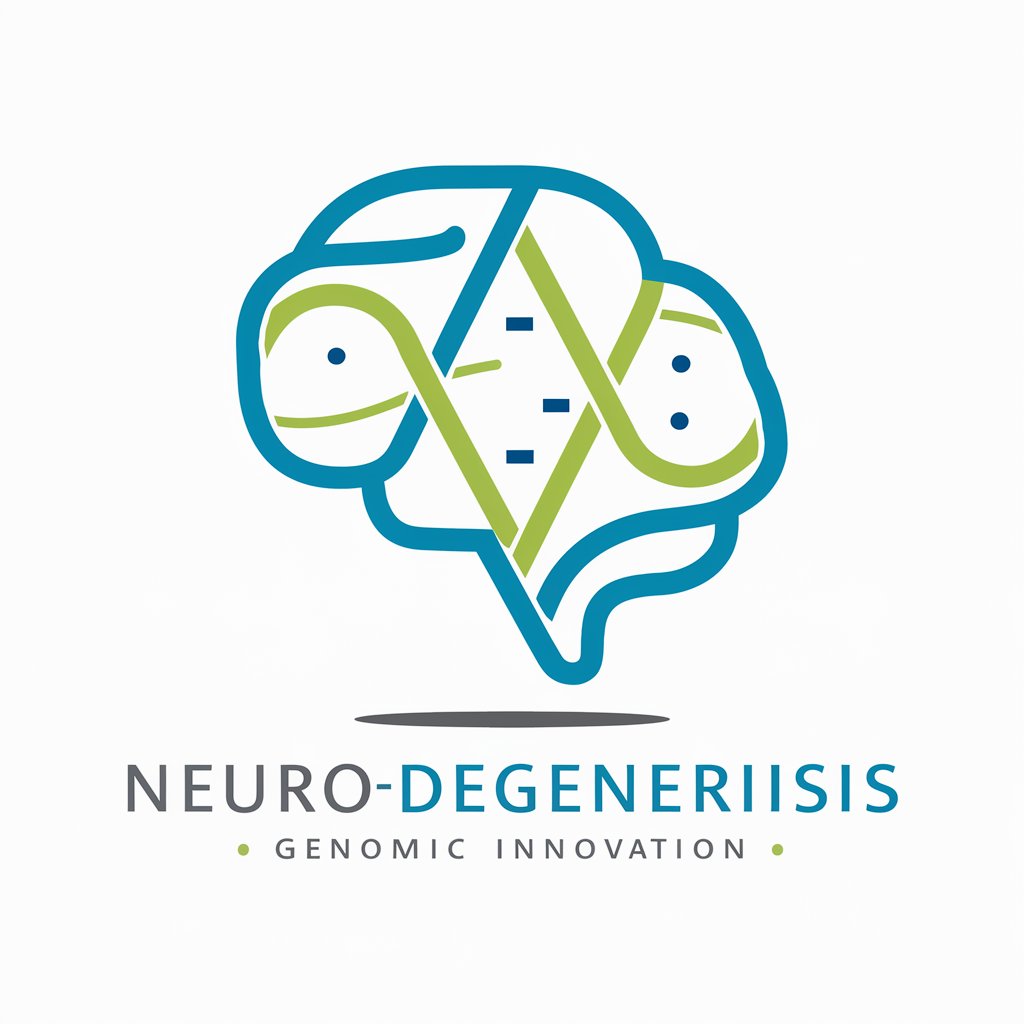
Cybersecurity expert threat intelligence
Empowering security with AI-driven intelligence

Podcast SEO Keyword Identifier
Elevate Your Podcast's Reach with AI-Powered SEO

Morpheus
Uncover the Secrets of Your Dreams

Startup Deck Builder
Empowering Startups with AI-Driven Pitch Decks

Cybo
Empowering Your Ideas with AI

MyanGPT Business Intelligence Ai
Empowering Business Decisions with AI
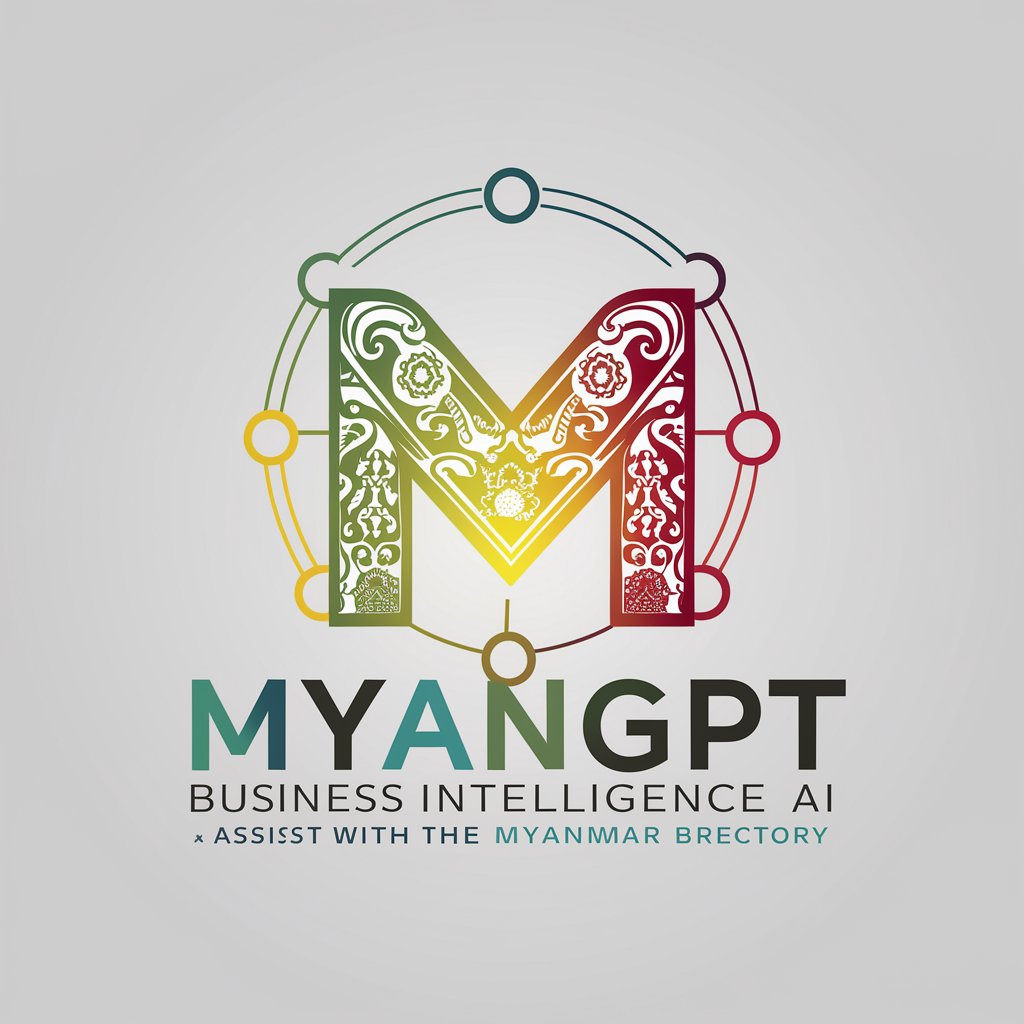
青梅煮币
Elevate Your Trading with AI-Powered Analysis
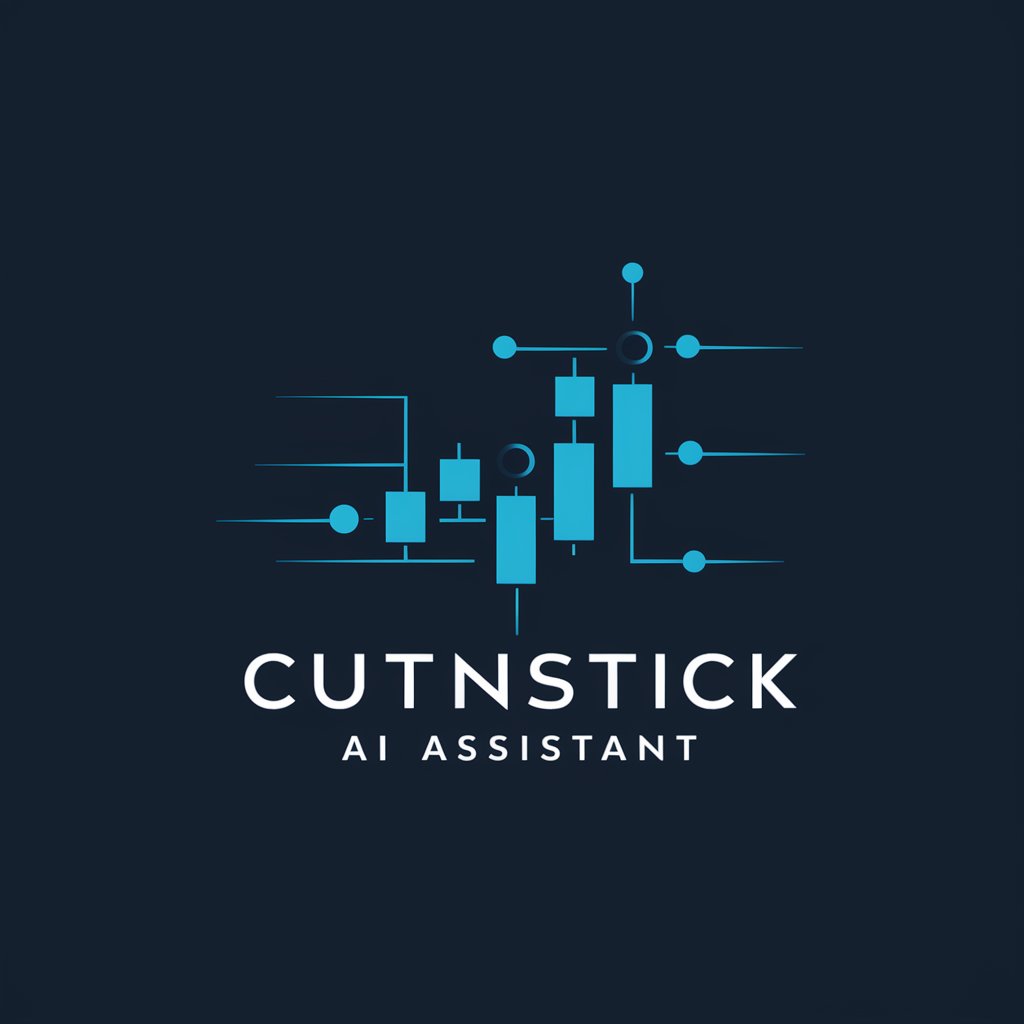
FAQs about Cyber-Physical Systems Guide
What are cyber-physical systems?
Cyber-physical systems (CPS) are integrations of computation, networking, and physical processes. Embedded computers and networks monitor and control the physical processes, with feedback loops where physical processes affect computations and vice versa.
How can the Guide help in optimizing IoT systems?
The Guide provides insights on efficient data collection, processing, and interpretation strategies, identifies potential bottlenecks in system performance, and suggests actionable optimizations to enhance reliability and efficiency of IoT systems.
What is the significance of sensor networks in CPS?
Sensor networks play a crucial role in CPS by collecting data from the physical world, which is then used to make informed decisions and actions. The Guide can advise on designing, deploying, and optimizing sensor networks for robust data acquisition and integration.
Can the Guide assist with system integration challenges?
Yes, the Guide offers expert advice on integrating disparate systems and technologies within a CPS framework, ensuring seamless communication and interoperability between components for enhanced system performance.
How does the Guide support troubleshooting in cyber-physical systems?
The Guide provides diagnostic strategies to identify and resolve issues within CPS, offering solutions to common problems and guidance on preventive maintenance to avoid future system failures.
